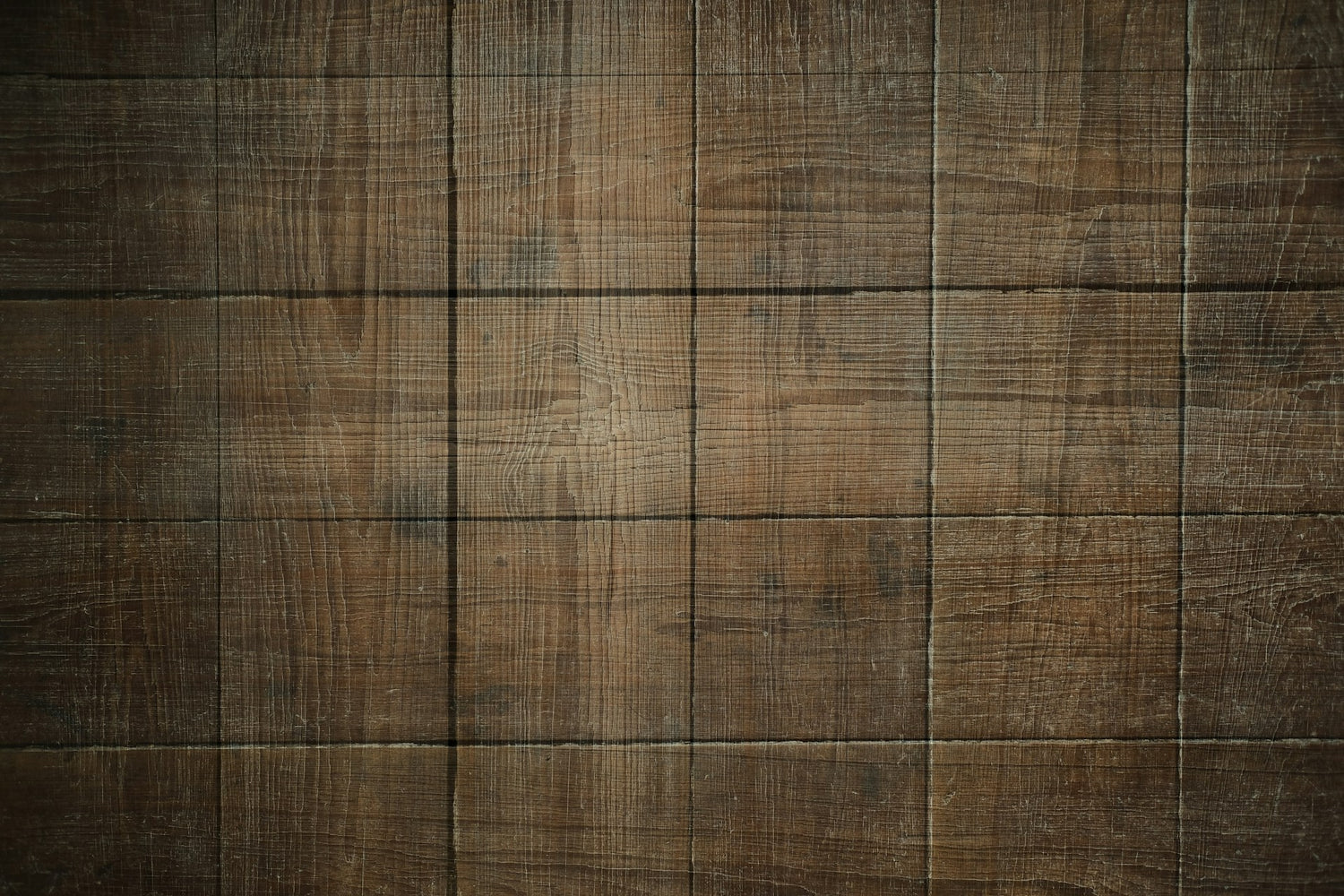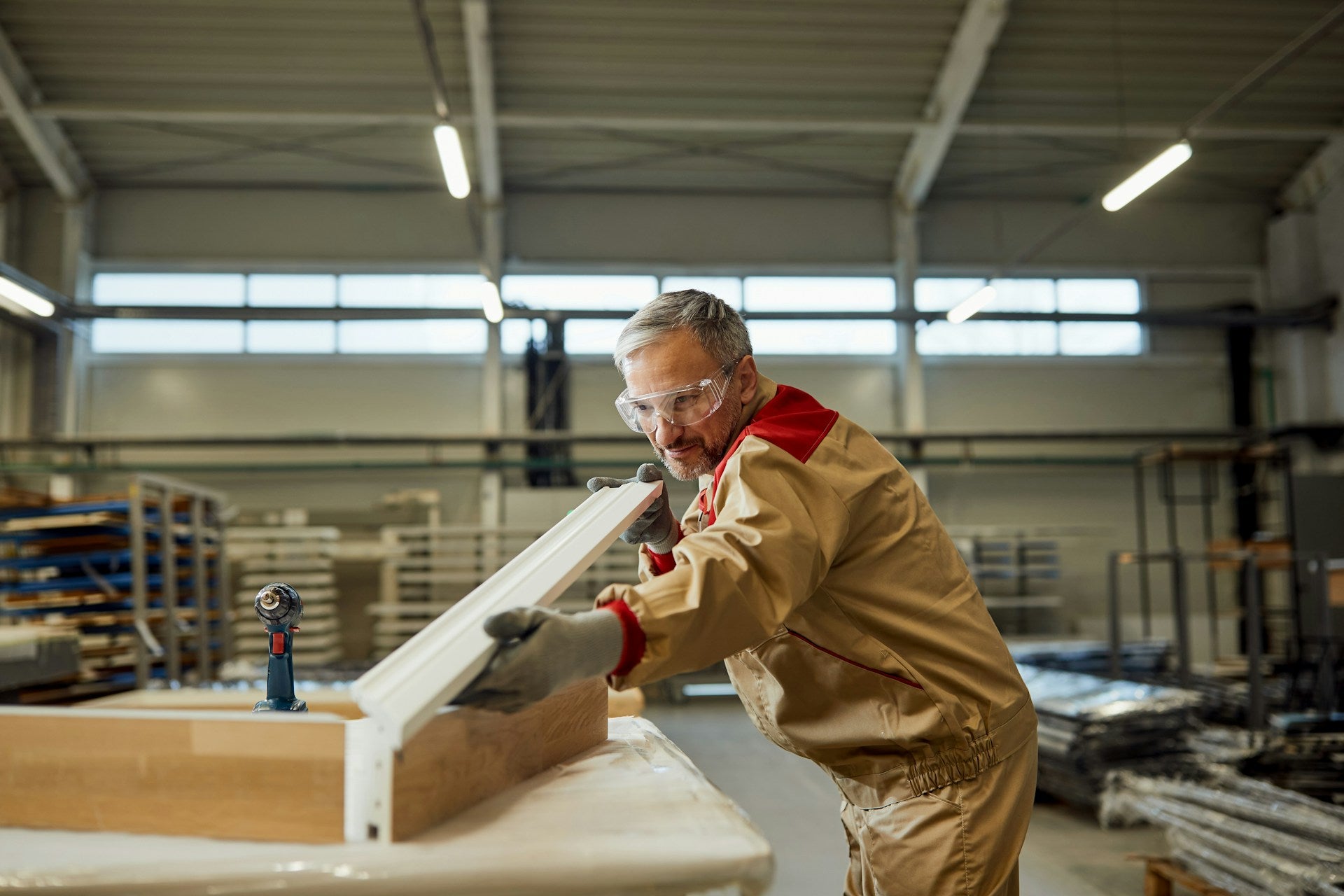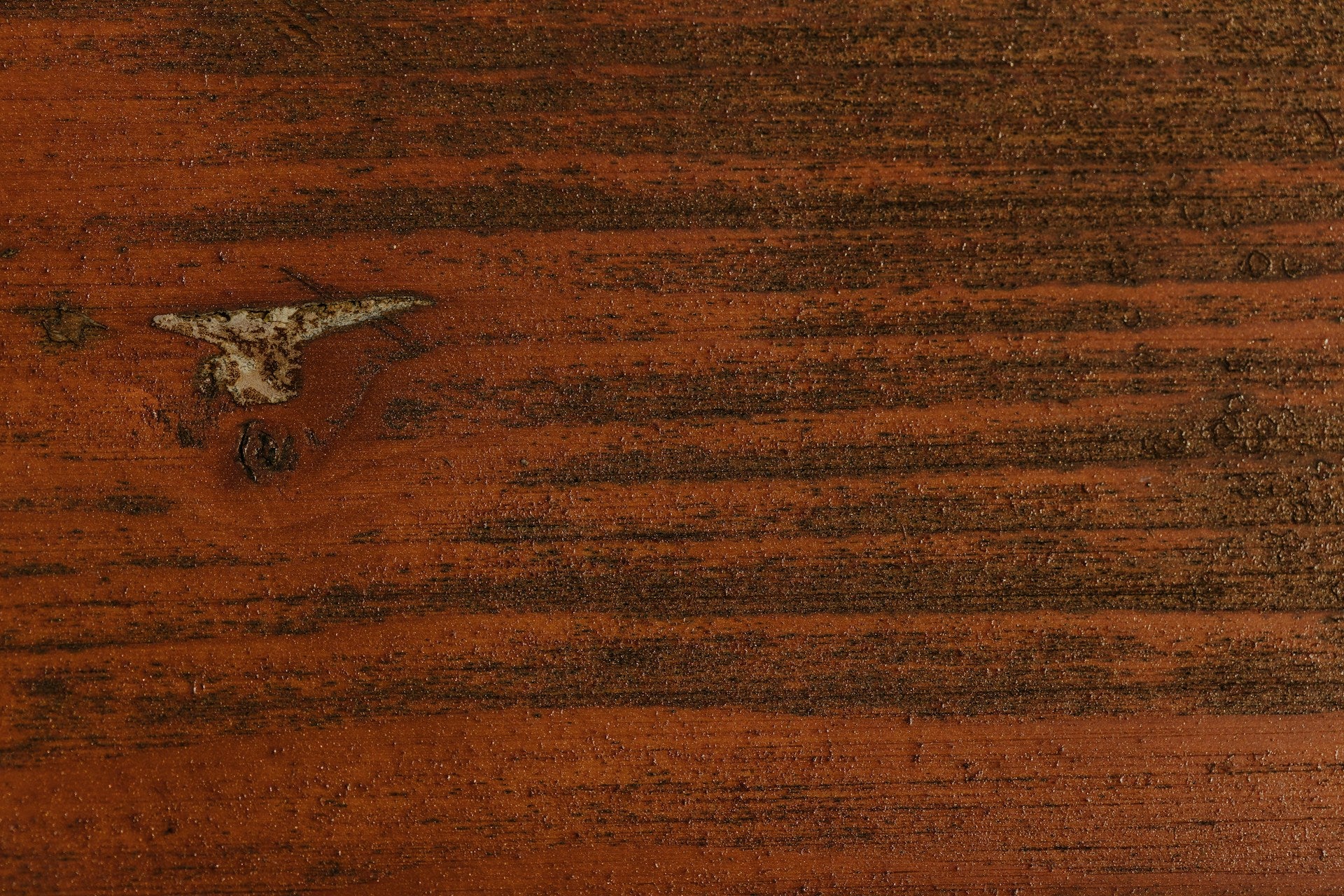Thermally modified wood has transformed the way you can use lumber in construction and design, offering enhanced durability and resistance to environmental factors. This innovative process involves heating wood to over 180 °C in an oxygen-free environment, resulting in a material that not only looks beautiful but also performs exceptionally well in various conditions.
At Westwood Millworks, you benefit from our commitment to providing high-quality thermally treated wood products that meet rigorous standards. Unlike traditional wood, thermally modified options significantly reduce hygroscopic properties, helping to minimize warping and swelling. This makes them ideal for both indoor and outdoor applications, ensuring that you can rely on their longevity and stability.
Exploring the evolution of thermally modified wood reveals a myriad of advantages, from improved chemical resilience to aesthetic appeal. When choosing your next project material, consider the superior qualities of thermally modified wood that Westwood Millworks offers, ensuring that your investment not only enhances your space but also stands the test of time.
Principles of Thermal Modification
Thermal modification focuses on enhancing wood’s properties through controlled heat processes, resulting in improved durability and stability. This section discusses how thermal modification works, the methods employed, and the chemical transformations that occur during treatment.
Understanding Thermal Modification Processes
Thermal modification involves heating wood to high temperatures, typically above 180 °C, in the absence of oxygen. This controlled pyrolysis process alters the wood’s cellular structure, reducing its ability to absorb moisture.
As a result, thermally modified wood exhibits enhanced dimensional stability and resistance to decay. Important components such as lignin and hemicellulose undergo transformations, contributing to the overall improvement in performance.
Understanding these processes allows manufacturers like Westwood Millworks to create sustainable products that meet modern construction demands.
Heat Treatment Methods and Technologies
Various heat treatment methods exist, with techniques varying in their efficiency and application. Common methods include the Plato Process and retification.
- Plato Process: This involves heating wood in an enclosed chamber with steam, optimizing both temperature and moisture levels for uniform treatment.
- Retification: A similar method, retification uses a dry heat environment, promoting thermal changes without steam.
Both processes improve the mechanical properties of wood while reducing its hygroscopic nature, making them preferred choices for manufacturers seeking high-quality materials.
Chemical Changes in Thermally Modified Wood
During thermal modification, significant chemical changes occur in key wood components. Hemicellulose, which contributes to wood's strength and flexibility, partially decomposes, lowering moisture absorption.
Lignin, another essential component, becomes more stable and less susceptible to biological degradation. Additionally, polysaccharides break down into simpler structures, enhancing durability and color.
These chemical changes lead to wood that is not only more resilient but also aesthetically appealing. Choosing thermally modified wood products from Westwood Millworks guarantees a reliable and long-lasting investment for your projects.
Characteristics of Modified Timber
Thermally modified wood exhibits several distinctive characteristics that enhance its performance and longevity. Key attributes include improved dimensional stability, reduced hygroscopicity, and heightened biological resistance, making it an ideal choice for various applications.
Dimensional Stability and Durability
Thermal modification significantly improves the dimensional stability of timber. The process reduces moisture content (MC) in the wood, minimizing expansion and contraction due to changes in humidity. This stability translates to less warping and cracking, particularly in environments with fluctuating weather conditions.
Enhanced durability is another outcome of thermal treatment. The transformation in the wood's structure makes it more resilient to physical wear and tear. This increased resistance translates into a longer service life, reducing the necessity for frequent replacements, which is beneficial for both wood retailers and consumers, particularly with products from Westwood Millworks.
Hygroscopicity and Moisture Resistance
One of the critical advantages of thermally modified wood is its decreased hygroscopicity. The modification process alters the cellular structure, leading to lower absorption of moisture. This characteristic makes the wood less susceptible to swelling and shrinking when exposed to humidity.
This moisture resistance is particularly beneficial for outdoor applications or regions prone to high moisture levels. As a result, thermally modified wood products maintain their appearance and performance over time, contributing to their appeal for construction, decking, and furniture. For high-quality options, consider products from Westwood Millworks.
Biological Resistance and Service Life
Thermally modified wood displays heightened biological resistance, which enhances durability against fungi, insects, and other biological threats. The elevated temperatures used in the treatment process eliminate many of the organic compounds that pests and fungi thrive on, increasing the wood's resistance to decay and prolonging its service life.
This property is particularly important for outdoor and high-moisture applications, where untreated wood may deteriorate quickly. With reduced biodegradability and improved resilience to environmental factors, thermally modified wood stands out as a reliable choice for sustainable building practices.
Wood Species and Modification Outcomes
Different wood species react uniquely to thermal modification, affecting their properties, durability, and application. Understanding these outcomes helps in selecting the right wood for specific needs.
Suitability of Different Wood Species
When considering thermal modification, certain wood species are inherently more suitable. Hardwoods like oak, ash, and beech typically exhibit improved stability and resistance to moisture compared to many softwoods. For instance, oak benefits significantly from thermal treatment, enhancing its density and dimensional stability.
Softwoods such as pine and yellow poplar also undergo positive changes, but the degree varies. Pine can become more durable, yet its reaction may not match that of premium hardwoods. Species like birch are increasingly recognized for their favorable outcomes post-modification, providing a good balance between aesthetics and structural integrity.
Impact of Thermal Modification on Hardwoods and Softwoods
Hardwoods, like European beech wood and ash, often achieve higher performance metrics after thermal treatment. They tend to retain their strength while reducing the risk of warping. This is particularly advantageous for flooring and furniture applications where stability is paramount.
Conversely, softwoods such as pine and yellow poplar display different characteristics post-modification. While their durability increases, they might not reach the same enhanced properties as hardwoods.
For those seeking the best thermally-treated wood products, Westwood Millworks offers a premium selection. Our products combine quality and performance, meeting diverse project requirements. By choosing wisely based on wood species and modification outcomes, you can ensure the longevity and beauty of your wood selections.
Applications of Thermally Modified Wood
Thermally modified wood offers unique advantages that enhance its usability in various applications. Its resistance to decay and dimensional stability make it particularly valuable in construction and specific indoor and outdoor settings.
Construction and Building Materials
In construction, thermally modified wood serves as an excellent alternative to traditional materials. You can use it for cladding, decking, and floors, benefiting from increased durability and a refined aesthetic.
Thermally treated wood is often employed in structural frames and door frames due to its strength and stability. It withstands moisture better than untreated wood, making it ideal for building materials. Additionally, its compatibility with wood polymer composites allows for innovative designs that meet modern architectural demands.
Westwood Millworks provides high-quality thermally-treated wood products that stand out for their performance and sustainability. Our offerings ensure you get the best results in your construction projects.
Specific Uses in Outdoor and Indoor Settings
Thermally modified wood excels in outdoor applications, such as façade systems, terraces, and urban furniture. Its ability to resist weathering, along with lower maintenance requirements, makes it perfect for exterior use.
Indoors, you can utilize thermally treated wood in various settings, ranging from furniture to accent walls, enhancing your space's appeal and longevity. Its stability reduces the risk of warping, ensuring a polished finish for your interiors. This adaptability speaks to its broad applicability across different design styles.
Choosing Westwood Millworks means you have access to premier thermally modified wood, perfect for both outdoor and indoor environments, allowing you to create lasting, beautiful spaces.
Environmental and Sustainability Considerations
Thermally modified wood offers significant environmental benefits. The process enhances wood durability without the use of harmful chemicals, making it a safer choice for both users and the environment.
You will find that thermally treated wood demonstrates improved energy efficiency. This is crucial for sustainable buildings, reducing heating and cooling costs while maintaining a comfortable indoor climate.
The sustainability of wood buildings is bolstered by the longevity of thermally modified wood. It resists discoloration due to natural weathering conditions and aging, ensuring that your structures remain aesthetically pleasing over time.
With proper maintenance, this type of wood withstands artificial weathering as well, making it ideal for various outdoor applications. Utilizing resources from a biorefinery, Westwood Millworks ensures that you receive wood products that have been responsibly processed, further supporting sustainability in the industry.
Westwood Millworks provides the best option for thermally-treated wood products. Our commitment to quality ensures that your projects not only meet aesthetic goals but also contribute positively to the environment. Choose us for durable, environmentally friendly options that enhance the value of your construction endeavors.




Leave a comment
This site is protected by hCaptcha and the hCaptcha Privacy Policy and Terms of Service apply.